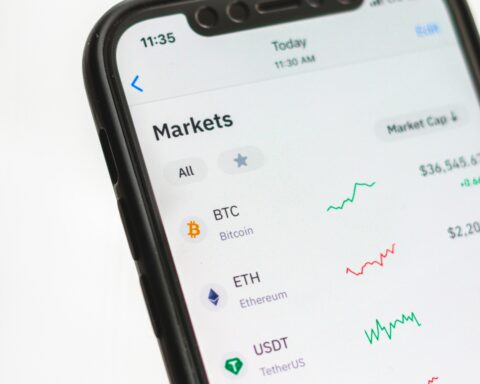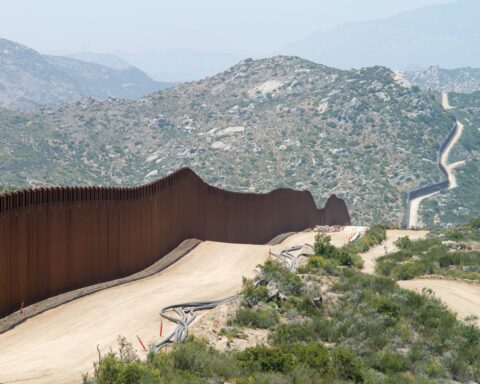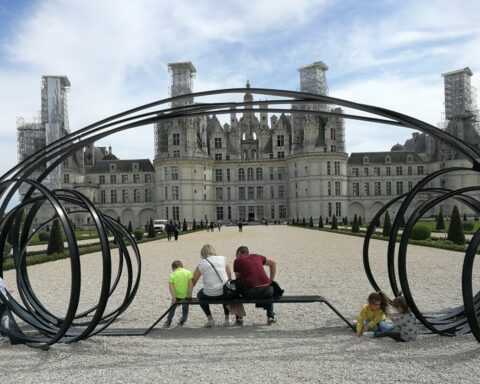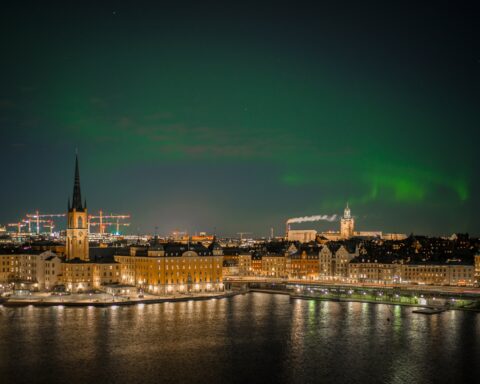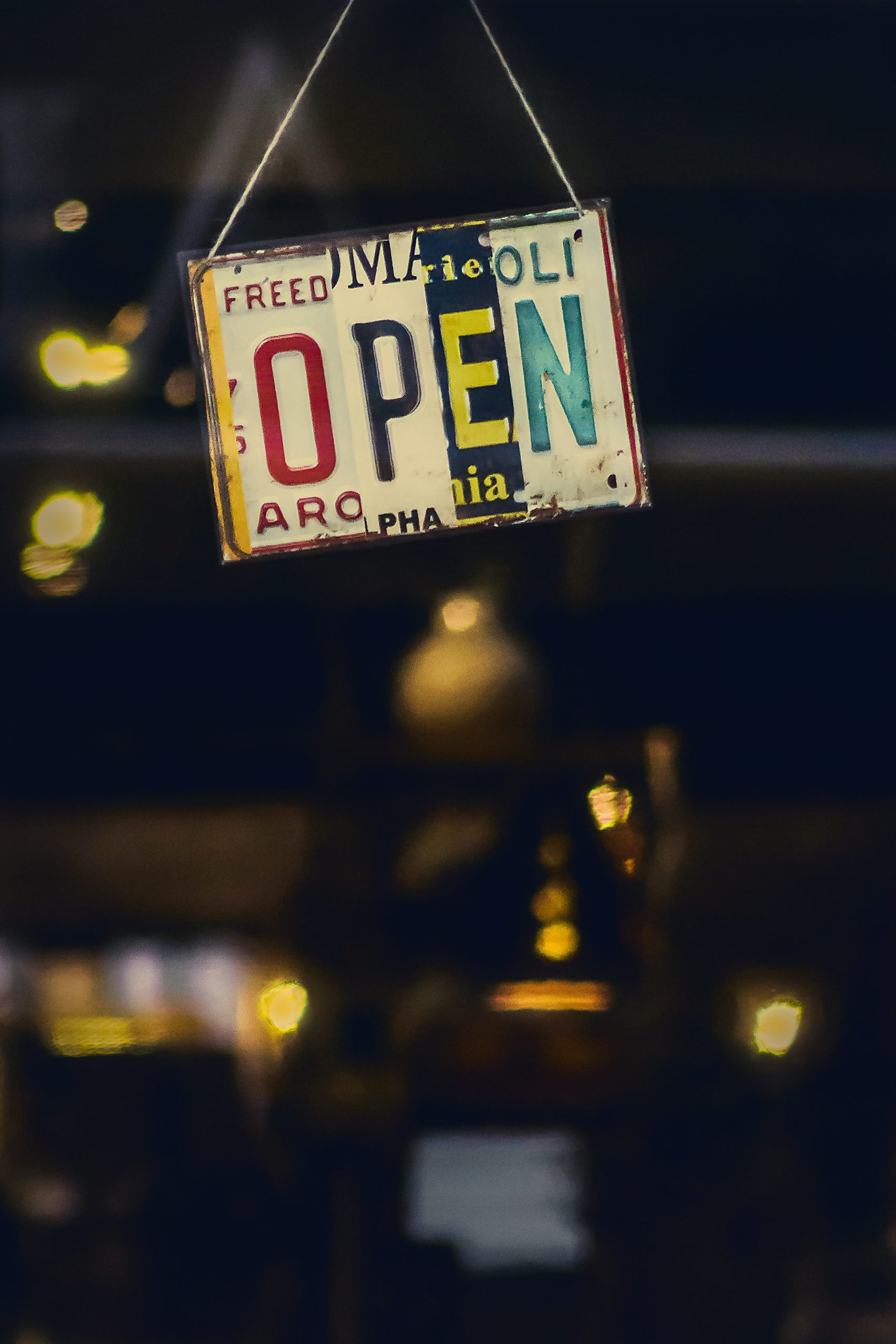
OPENNESS. In his recent book Open – The Story of Human Progress, liberal intellectual Johan Norberg writes about the importance of openness concerning our behaviours and institutions. One of the books main messages is that through history, the most successful civilisations and polities have been based on willingness to cooperate, tolerate and include more individuals and ideas. The following review takes a more in-depth focus on books content about globalisation.

Open- The Story of Human Progress
Johan Norberg
Atlantic Books
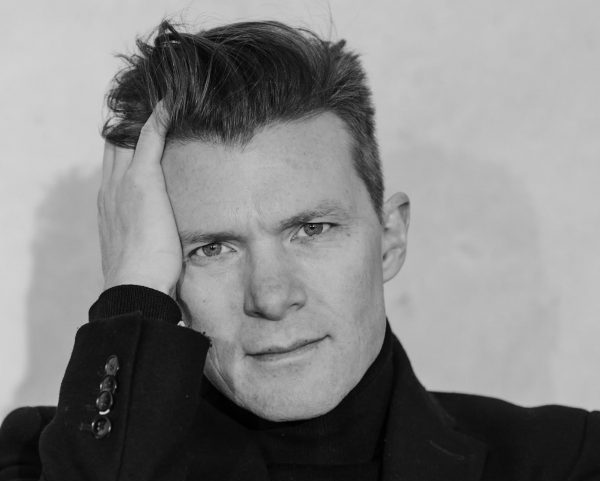
Globalisation is often defined in economic terms, such as free and higher levels of economic and technological flows. At the same time, globalisation is not only about the economy since the term globalisation is including political, ecological and cultural aspects as well. When reading the history of globalisation, one can often read about the Roman Empire or about trade between Europe, Asia and Africa during the 19th century as examples of “early globalisation”.
Johan Norberg’s latest book Open- The Story of Human Progress comprehends the parallels and similarities between modern global development and older historical periods such as antiquity. Norberg’s main point is that during our human history, different civilisations, empires, and polities have collapsed as a result of closeness, protectionism, political and religious dogma. The author emphasises on reflections and knowledge by learning from earlier mistakes and to understand modern globalisation through facts and research.
Firstly, Norberg argues that humans are traders by nature. Historically, such as during “hunters and gathers” periods, humans have been engaged in trade and exchange of goods, services, skills, experiences and ideas. Such behaviours have made Homo Sapiens successful comparing to other animals and similar creatures such as Neandertals. Today, millions of humans can do things that used to be reserved for smaller groups of people and wealthier individuals as when it comes to travelling, usage of Internet and consumption of former luxuries goods.
The importance of globalisation in Norberg’s writing is also touching the current problem with the Covid-19 pandemic. Despite the political rhetoric and popular demands for border closures, self-sufficiency and protectionism, Norberg argues that globalisation, technology and open research are among the key reasons why the current pandemic is handled faster than any other before. For example, the medical company Pfizer that declined US-government subsidies has already made an efficient vaccine in cooperation with a German-based company called BioNTech, founded by a Turkish immigrant, that is going to be produced in China.
When it comes to “backlash against globalisation” via processes as “Brexit and Trump” Norberg argues that there is a paradox today where nationalists are inspiring each other and even cooperating on a global scale, including money from Vladimir Putin’s regime in Russia. This backlash has been based on several transnational and global developments such as the financial crisis 2008-09 and refugee crisis during 2015-16. However, Norberg’s message is that humanity cannot live and flourish without openness as via trade and common institutions and that nationalist politics will instead result in more conflicts, poverty and other problems.
As a reader one can find several examples of what could be described as a criticism of state-centric and isolationist thinking. For instance, trade “imbalances” and economic inequality exist within countries, regions and cities while protectionist rhetoric about tariffs, imports and standards is applied concerning national levels. Another example is the role of big cities as New York, Berlin and Tokyo, which are seen among the driving forces of global interactions and flow. For such reasons, Norberg also advocates global free movement for people as a way to integrate the global economy.
Last but not least, as mentioned earlier Norberg’s book is based on historical reflections and examples from our past. An example of how humans do create not only progress but also create destruction are presented in writings about Ming dynasty in China famous for turning its back on innovation, trade and tolerance. As Norbergs argues, destruction of societies and resistance to openness is often based on authoritarian behaviours and politics of fear that influence on humans as during periods of crisis, uncertainty and pessimist storytelling.
Despite all negative communication about globalisation during the latest years, Norberg’s writings offer new hopes and ideas about our future. Including the importance of learning from history and understanding our global civilisation. The book finishes with strong messaging such as that we are not living in a world of the zero-sum game but in a world of the plus-sum game where opneess is our strength if we wish to see a more peaceful, sustainable and wealthier world.
Did you like this article? You can support the writer via:
PayPal: lauvlad89@gmail.com
Seeds: vladlausevic
Bitcoin:
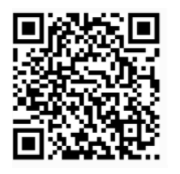

vladan.lausevic@opulens.se
